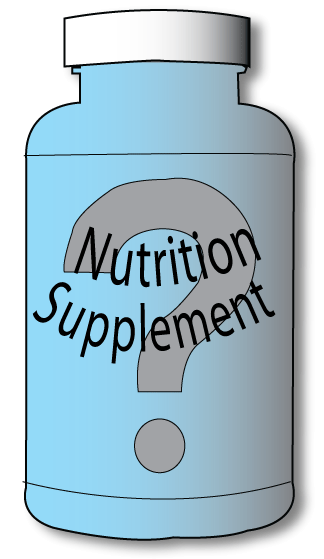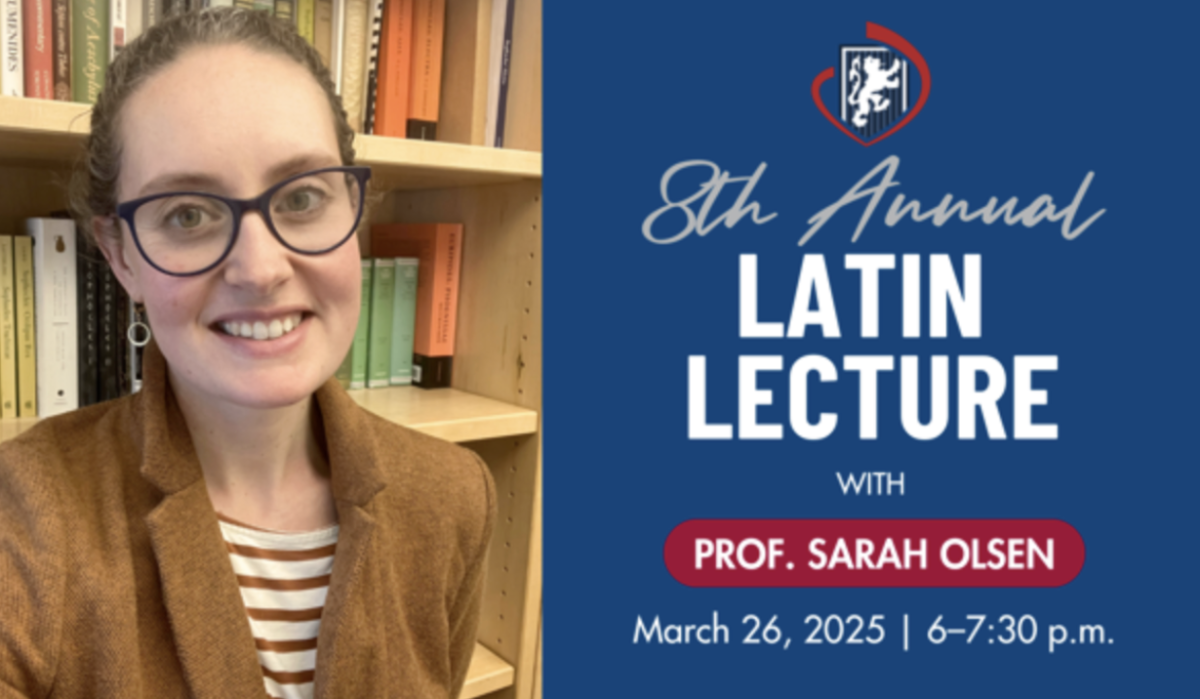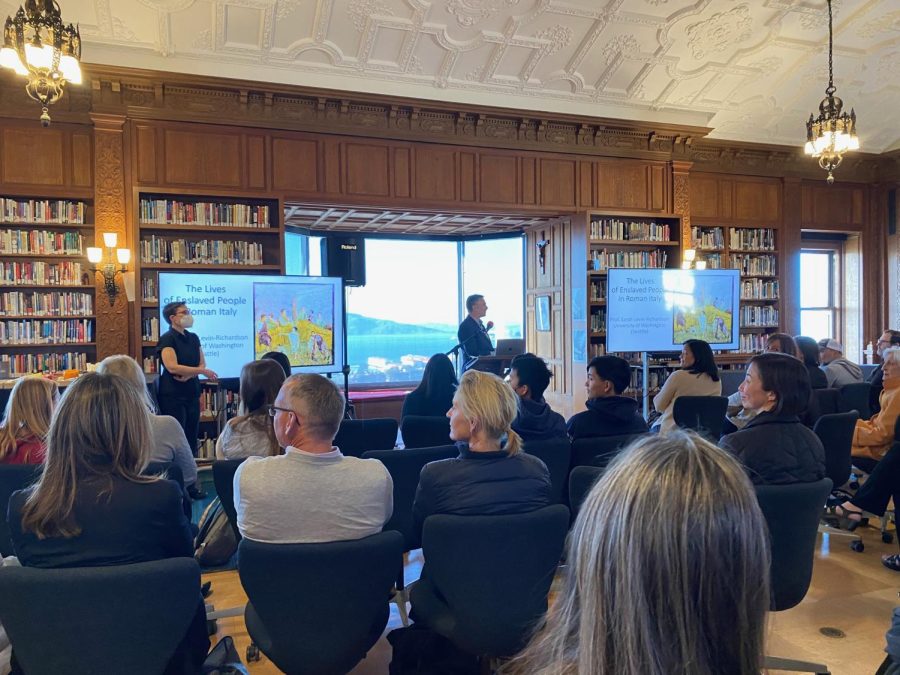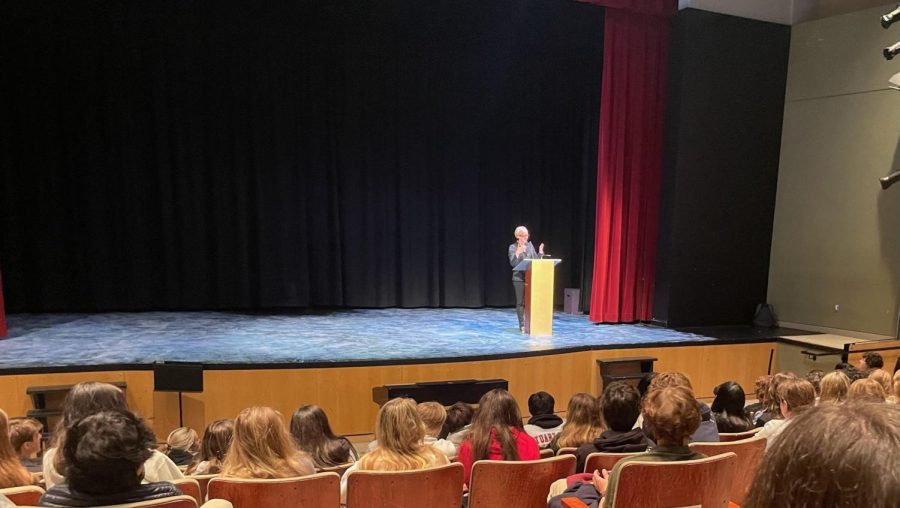Sophia Redfern
Reporter
Junior Isabella Borges sits on a bench before basketball practice, mixing a protein powder drink. Borges, like many athletes, believe that protein powders, nutritional supplements similar to vitamins, help her before, during, and after working out.
 “I drink a protein powder called Whey,” Borges said, referring to the company. “I feel like it helps me get in that ‘go’ mood a little more.”
“I drink a protein powder called Whey,” Borges said, referring to the company. “I feel like it helps me get in that ‘go’ mood a little more.”
Amino acids are the basic building blocks of proteins, and whey protein has the highest biological value of any protein that the body can absorb and use efficiently, according to the McKinley Health Center at the University of Illinois. Proteins help rebuild muscles after a work out.
“I don’t take vitamins,” Borges said. “I don’t think they are necessary unless your doctor says they are or you need that extra boost of a certain vitamin.”
Along with protein, the body needs 13 different types of vitamins including several types of B vitamins for daily nutrition. Vitamin pills cannot replace eating healthy foods, according to Girls Health.gov.
“What matters for nutrition is the source,” Dr. Sareena Jaspal of PRIMA medical group said. “Synthetic sources aren’t better than natural sources. Vitamins from food sources are better absorbed and distributed throughout the body.”
Taking daily multivitamins can help make sure the body receives the necessary daily amount of vitamins. Overdosing on multivitamins can lead to serious or life-threatening side effects, according to Drugs.com.
“I take two vita fusion multivitamins at a time,” sophomore Shannan Lum, who also plays basketball, said. “I don’t take them daily but I would say that athletes need vitamins more than others. They’re putting a lot of hard work on their body so they should probably have some kind of vitamins to help them fill their bodies with good nutrients.”
Whey protein powder, one of many types of protein powders, can have health and medical benefits, such as improving the immune system. It is a common ingredient in nutritional support supplements such as weight-gaining shakes, according to the Food and Drug Administration. Whey, being a milk protein, is not suitable for vegans or for people with dairy allergies. Other types of protein powders include buckwheat, soy and hemp.
“On school days I mix Cytosport whey protein powder with non-fat milk for my breakfast,” theology teacher Kate McMichael said. “I was never one to eat breakfast, but in the past couple of years I felt like I didn’t have a lot of energy in the morning. I’ve noticed a significant difference in my energy levels ever since I started consuming protein powder.”
Consuming the right amount of nutrition, through a natural or synthetic source, can be healthy for individuals no matter their gender. However, girls are in special need of calcium and iron, due a higher risk of getting osteoporosis and anemia; calcium for osteoporosis and iron for anemia, according to Palo Alto Medical Foundation.
“The immediate effects of a vitamin overdose are seizures, muscle spasm and bad gastric intestinal issues,” Jaspal said. “An overdose on vitamin A, for example, isn’t good for pregnancy since it can cause fetal defects.”
Young women specifically need folic acid, which has been shown to lower birth defects in children of mothers whose diet has consistently included the vitamin.
“It’s a good idea to take a folic acid supplement to prepare for future plans of getting pregnant,” Jaspal said. “Consumption is especially important through later teen years and college years.”
Taking a multivitamin can overwhelm the body. The body cannot absorb many vitamins at once and ends up flushing out most of the nutrition. Eating a balanced diet can help the body digest vitamins easier since the body then has more time to break everything down, according to registered dietitian Sarah Koszyk.
“Girls don’t need to take extra vitamin supplements unless they have a certain ailment,” Koszyk said. “When someone is healthy, they don’t need more vitamins since they are already getting the amount from a natural source.”
















Ray Cinti • Oct 26, 2011 at 8:07 pm
A carbohydrate-rich diet consumed for 3 days prior to competition, accompanied by a decrease in training intensity, will result in increased muscle glycogen concentrations. Which in short means a good game. Protein drinks should be consumed after the game is over for repair.